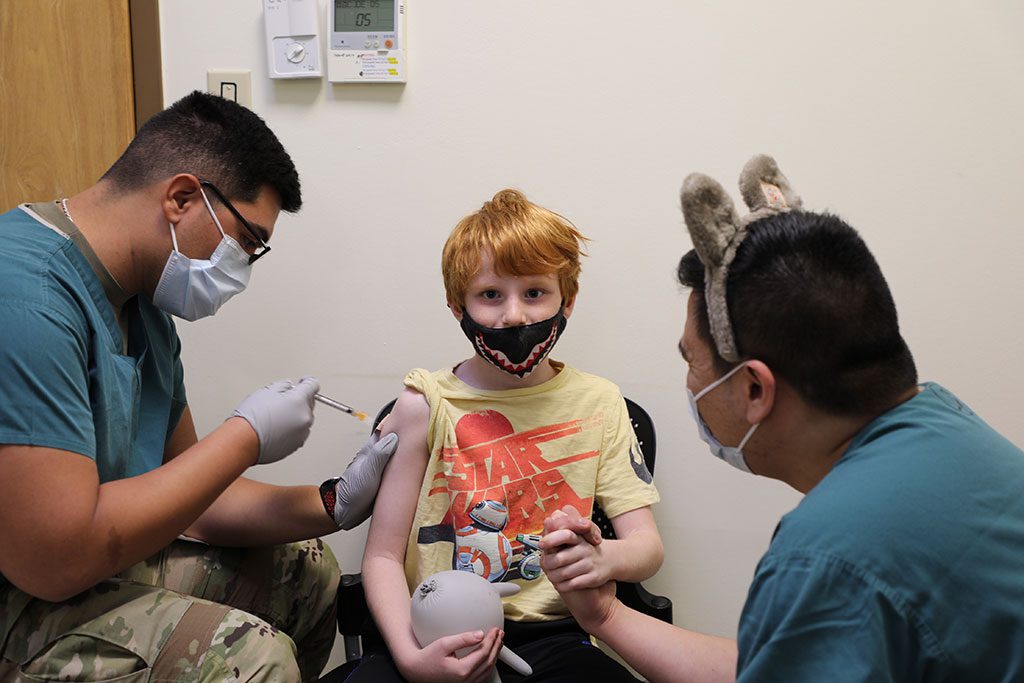While research has revealed that children and adults hospitalized with COVID-19 are more susceptible to developing long COVID symptoms, a new study by researchers at UTHealth Houston found that children infected with COVID-19, but not hospitalized, still experienced long COVID symptoms up to three months past infection.
Researchers examined data from volunteers across the state of Texas between the ages of 5 and 18 who were enrolled in the Texas CARES survey, which began in October of 2020 with the goal of assessing COVID-19 antibody status over time among a population of adults and children in Texas.
Data for this study was collected before and after the vaccine rollout and during the waves of the Delta and Omicron variants.
“We were interested in understanding if children impacted with an acute or severe infection of COVID-19 would go on to have persisting symptoms, or what we call long COVID,” said Sarah Messiah, PhD, MPH, first author of the study and professor of epidemiology, human genetics, and environmental sciences and director of the Center for Pediatric Population Health at UTHealth School of Public Health-Dallas. “This particular study is unique as the first population-based study in literature to report on prevalence of long COVID in children who have not been hospitalized with COVID-19.”
A total of 82 pediatric volunteers (4.8% of the total 1,813) reported having long COVID symptoms – 1.5% showed symptoms that lasted between four and 12 weeks, including loss of taste and smell, fatigue, and cough. An additional 3.3% reported that symptoms such as loss of taste and smell, cough, and difficulty breathing persisted for longer than 12 weeks.
“From this information we wanted to know, ‘What would put a child more at risk for long COVID and who is more susceptible to this?’ When we looked at risk factors of those who reported symptoms past 12 weeks, we found that children who were unvaccinated and who had obesity had a higher chance of developing long COVID. These findings are consistent with other literature that found children and adults who have comorbid health conditions and are unvaccinated are at a higher risk of being hospitalized for the virus,” Messiah said.
Additionally, researchers found that children infected with COVID-19 before the emergence of the Delta variant were more at risk of developing long COVID. “If you had COVID-19 earlier in the pandemic, you were more at risk for longer symptoms. With Delta and Omicron, we did see a lot of children who ended up hospitalized, but their symptoms were less severe, and our results show they were also less likely to report persistent symptoms too,” Messiah said.
The results of the Texas CARES study, Messiah said, is important because it highlights the presence of non-hospitalized youth who may also experience persistent long COVID symptoms after infection.
“There may be a perception that one needs to be hospitalized to have long COVID, and that is not what we found. I encourage parents to still take caution and get their child vaccinated against COVID-19, because we now know that it will decrease the risk of infection and long COVID,” she said.
Source: Adapted from the University of Texas Health Science Center at Houston
Comparison of Persistent Symptoms Following SARS-CoV-2 Infection by Antibody Status in Nonhospitalized Children and Adolescents. The Pediatric Infectious Disease Journal, 1 August 2022.



